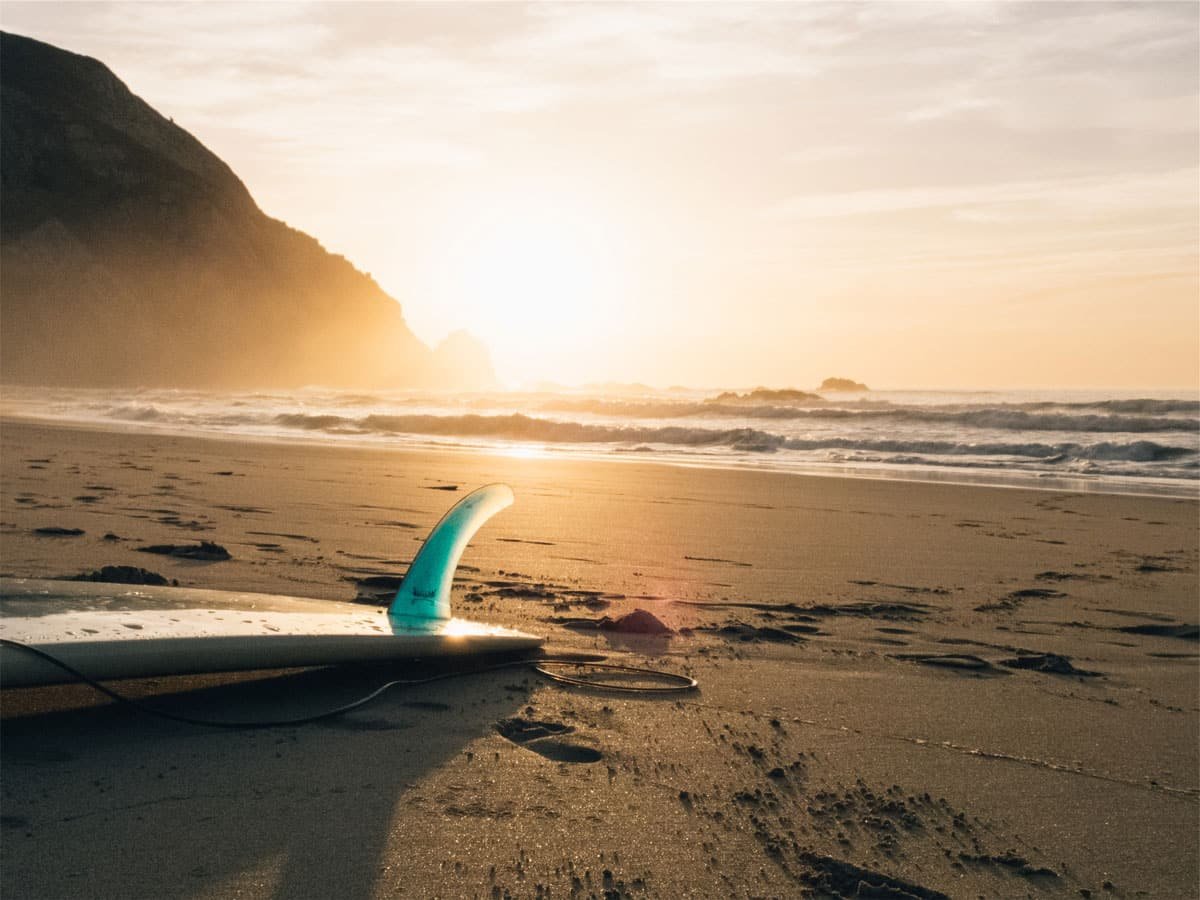Fly fishing is an alluring sport that requires patience, practice, and dedication, but with the right guidance, beginners can quickly master the fundamentals and experience the thrill of landing their first fish. Tap into the expertise of local guides, invest in quality gear, and practice casting to develop muscle memory. Understanding the aquatic environment and fish behavior is key to effective fishing techniques. As you venture into the world of fly fishing, you'll uncover the secrets to reading the water and catching trout. And as you dip your toes into this exciting world, you'll discover even more secrets waiting to be uncovered.
Key Takeaways
- Research and invest in quality gear that suits your fishing style and budget to ensure a smooth learning experience.
- Seek guidance from experienced anglers or local guides to accelerate the learning process and master the fundamentals.
- Practice patience and persistence when mastering the cast, as it requires developing muscle memory and a smooth delivery.
- Understand the aquatic environment and fish behavior to develop effective fishing techniques and increase chances of catching fish.
- Prioritize safety precautions, such as wearing a life jacket and respecting the environment, to ensure a safe and enjoyable experience.
Getting Started With Fly Fishing
With the right mindset and a solid understanding of the basics, beginners can quickly master the fundamentals of fly fishing and start enjoying this rewarding sport. To get started, you must tap into the knowledge and expertise of the fly fishing community. Local guides, in particular, can provide valuable insights and tips to help beginners navigate the learning curve. They can share their knowledge of the best fishing spots, the most effective techniques, and the necessary safety precautions. By seeking guidance from experienced anglers and immersing themselves in the fly fishing community, beginners can accelerate their learning process and start enjoying the thrill of fly fishing. With patience, practice, and the right guidance, anyone can become a skilled fly fisherman.
Choosing the Right Gear
What constitutes the perfect fly fishing gear setup, and how do you navigate the overwhelming array of options available in the market? When choosing the right gear, you must take into account your fishing style, budget, and the type of fishing you'll be doing. Research is key, and reading gear reviews can help you make an informed decision. Comparing brands and models will give you a better understanding of what works best for you. Invest in quality gear that will last, and avoid cheap alternatives that may lead to poor performance. Remember, your gear is an investment in your fishing experience, and choosing the right setup will make all the difference. By doing your research and making smart choices, you'll be well on your way to a successful and enjoyable fly fishing experience.
Mastering the Cast
Mastering the cast, a fundamental step in fly fishing, requires patience, persistence, and practice to develop muscle memory and a smooth, accurate delivery. To improve your casting skills, try incorporating casting drills into your practice routine. These drills help build muscle memory and improve your overall casting technique. Understanding fly dynamics is also essential, as it affects the way your fly moves through the air and water. By mastering the cast, you'll be able to present your fly naturally and confidently, increasing your chances of catching fish.
| Casting Drill | Description | Benefits |
|---|---|---|
| Basic Cast | Practice casting with a consistent, smooth motion | Builds muscle memory and improves accuracy |
| Haul Cast | Quickly accelerate the rod to generate speed and power | Increases casting distance and accuracy |
| Pickup Drill | Practice quickly lifting the line off the water | Improves reaction time and reduces tangles |
Effective Fishing Techniques
Effective fishing techniques hinge on a deep understanding of the aquatic environment and the behavior of the fish, allowing anglers to adapt their strategy to the ever-changing conditions and increase their chances of landing a prized catch. Trout behavior is intricately tied to water structure, with fish often holding in areas with suitable habitat and cover. By recognizing these structures, anglers can pinpoint prime fishing spots. For instance, trout tend to congregate near submerged rocks, weed beds, and undercut banks, where they can feed and hide from predators. By understanding these relationships, fly fishermen can develop effective techniques that exploit these habits, increasing their chances of landing a trophy trout.
Reading the Water
Riverbeds, with their subtle undulations and hidden structures, hold the secrets to uncovering trout habitats, and understanding these underwater landscapes is essential for fly fishermen seeking to outsmart their finned quarry.
To read the water effectively, imagine the underwater world as a complex tapestry of water features and structural elements. Look for:
- Deep pools with gentle currents, where trout can conserve energy
- Rocky outcroppings, providing shelter and ambush points
- Weed beds, offering hiding spots and food sources
- Submerged logs, creating habitat diversity
- Confluences, where different currents merge and create eddies
Catching and Handling Fish
As we've explored the intricacies of reading the water, we now turn our attention to the thrill of catching and handling fish, where a delicate balance of skill and sensitivity comes into play. When that fish bites, the rush of excitement is unmatched! But it's essential to prioritize the well-being of your catch. Handle fish gently, keeping hands wet to prevent abrasions, and land them quickly to reduce exhaustion. Consider capturing the moment with fish photography, but prioritize the fish's safety. Remember, a healthy catch is essential for fish nutrition and the ecosystem's balance. By mastering the art of catching and handling fish, you'll not only enhance your fly fishing experience but also contribute to the preservation of this incredible sport.
Safety Precautions for Anglers
While wading through the water, anglers must remain vigilant of their surroundings to avoid potential hazards, maintaining a safe and enjoyable fly fishing experience. Safety precautions are vital to avoid accidents and guarantee a pleasant experience for both anglers and fellow water users.
- Be aware of water hazards such as strong currents, deep pools, and slippery rocks.
- Practice good fishing etiquette by respecting other anglers' space and following local regulations.
- Always wear a properly fitted life jacket or personal flotation device.
- Stay alert and avoid distractions while wading or casting.
- Be mindful of your impact on the environment and respect the natural habitat.
Preparing for Your First Trip
Before heading out on your inaugural fly fishing adventure, double-check your gear, review local regulations, and mentally prepare for an immersive experience that will have you hooked from the start. Verify your Fishing License is up-to-date and understand local Water Conditions to maximize your chances of catching fish. Familiarize yourself with local fishing rules, including bag limits and size restrictions. Check the weather forecast and water levels to plan your trip accordingly. Make certain to mentally prepare for the unpredictability of fly fishing and be flexible with your plans. With thorough preparation, you'll be well on your way to a successful and enjoyable first trip.
Frequently Asked Questions
How Often Should I Clean and Maintain My Fly Fishing Gear?
Regular gear maintenance is vital; inspect your gear frequently, storing lines properly to prevent tangling, and cleaning reels and rods regularly to prolong longevity and peak performance, ultimately enhancing your fly fishing experience.
Can I Use Fly Fishing Gear in Saltwater Environments?
While freshwater fly fishing is serene, saltwater environments demand distinct tactics. In ocean environments, anglers must adapt gear and techniques to tackle powerful ocean species, necessitating specialized Saltwater Tactics and rugged equipment designed for the unforgiving marine domain.
Are There Any Age Restrictions for Fly Fishing in Certain Areas?
In various regions, youth access restrictions may apply, while senior discounts are often available, encouraging intergenerational fly fishing experiences; one must research local regulations and opportunities promoting accessibility for all ages.
How Do I Obtain Permission to Fish on Private Property?
"Building landowner relationships is key to securing private access; politely approach property owners, explain your intentions, and offer incentives, such as fishing trip reports, to foster mutually beneficial agreements and gain permission to fish on private property."
Are There Any Conservation Efforts I Can Participate in as a Fly Fisherman?
As an angler, participate in conservation efforts by supporting organizations focused on habitat protection and river restoration, ensuring the long-term health of ecosystems and the sport you love.
Conclusion
As the angler's journey comes full circle, the gentle currents of knowledge converge, illuminating the path to mastery. The fly rod, once a foreign instrument, now an extension of the self, harmoniously synchronizing with the rhythms of nature. The novice's tentative steps have transformed into confident strides, as the symphony of gear, practice, and technique orchestrate a symphony of success. The fly fishing odyssey, marked by trial and triumph, yields to a profound connection with the aquatic world, where the angler becomes one with the water, lost in the eternal dance of the catch.









